ESMO Immuno-Oncology Congress 2021
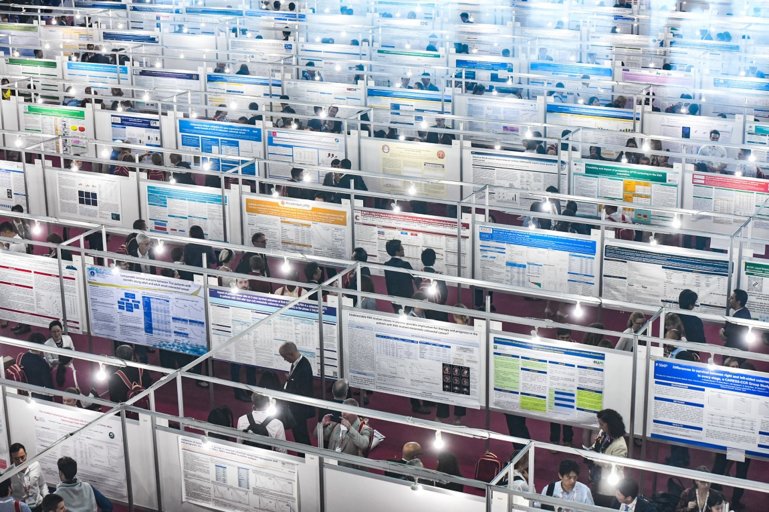
A new immunotherapy-based combination is promising in nasopharyngeal cancer
Tislelizumab in combination with gemcitabine and cisplatin prolonged PFS compared with chemotherapy alone in the RATIONALE 309 study

Biomarkers for immunotherapy: where are we?
The future is in the hands of tools built on combinations of biomarkers as no single biomarker is likely to reflect the complexity of the tumour microenvironment or account for tumour evolution
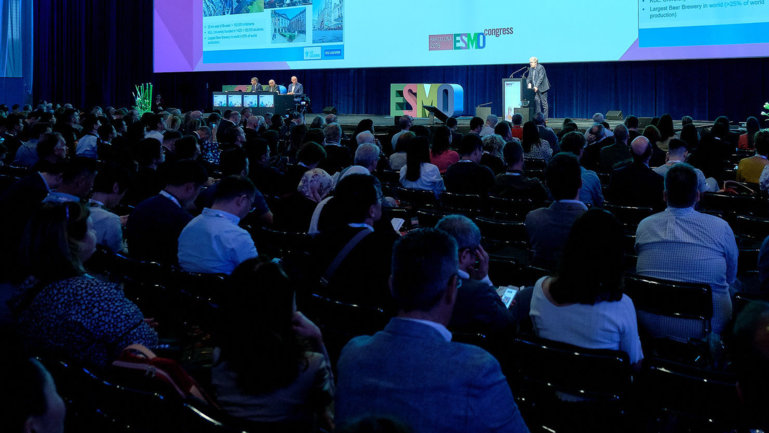
Can we further define patient groups who benefit from immunotherapy in advanced NSCLC?
Sub-group analyses of CheckMate 227 part 1 provide reassurance but no definite guidance regarding standard treatment for different patient sub-groups
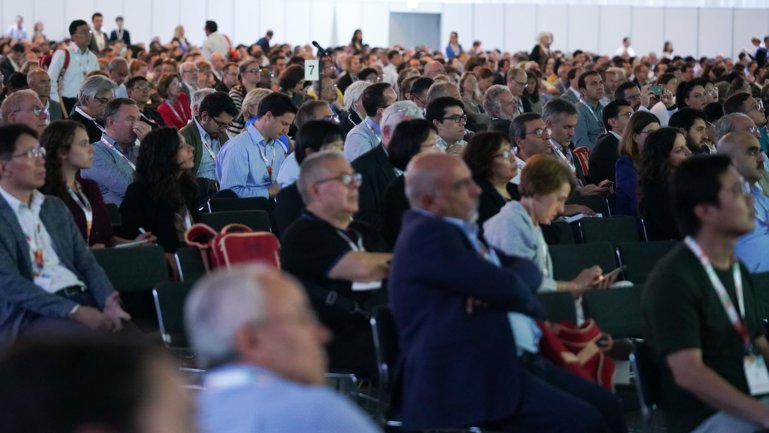
Can ctDNA changes after neoadjuvant therapy inform management of early NSCLC?
A study associates reductions in ctDNA with major pathologic response following neoadjuvant atezolizumab in resectable stage IB–IIIB NSCLC, but clinical application is still some way off

Refining patient selection for atezolizumab in resected NSCLC
Results from an exploratory analysis of the IMpower010 trial confirm that there is a correlation between tumour-cell PD-L1 expression and disease-free survival

Are amplifying RNA vaccines the way forward for CAR-T-cell therapy?
Early clinical findings with the anti-claudin-6 CAR-T-cell product BNT211, with or without amplifying vaccine, in patients with refractory solid tumours are promising but more data are required

Which biomarkers and how many should we use to improve outcomes with immunotherapy?
The complexity of identifying and clinically validating immunotherapy biomarkers can be addressed by broadening tumour sampling and expanding the characterisation methodologies used
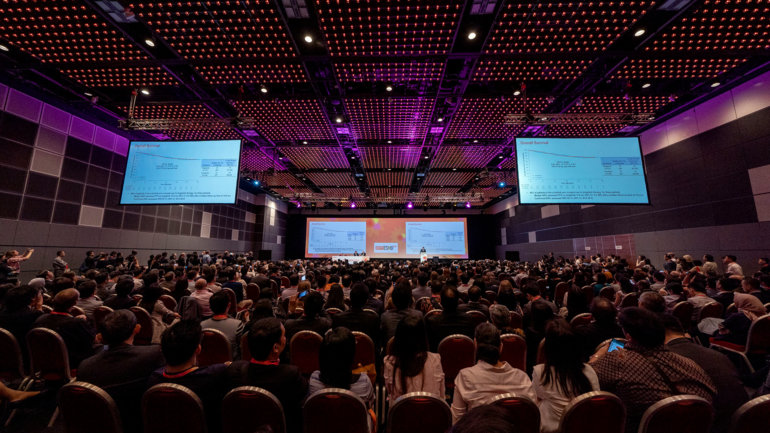
Tumour mutational burden as a number – is it predictive enough?
Data suggest that assessing the quality as well as the quantity of tumour mutations may enhance prediction of outcomes in patients treated with immune checkpoint inhibitors
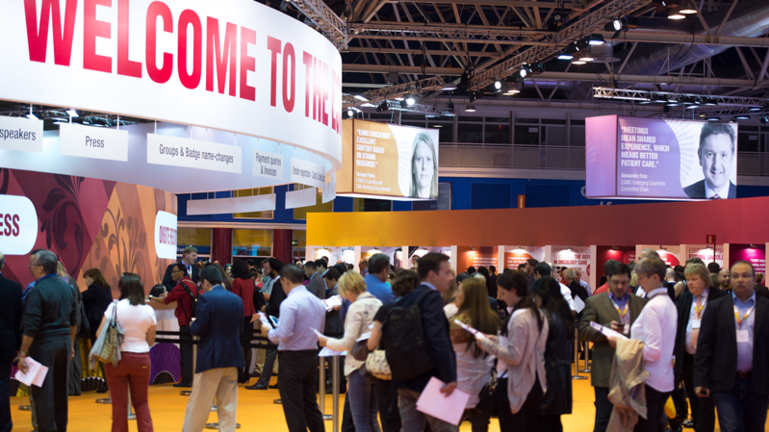
New immunotherapies are explored to improve the treatment of solid tumours
From cell-based therapies to soluble T-cell engagers and T-cell co-stimulation, early findings show novel promising strategies, although more data are needed
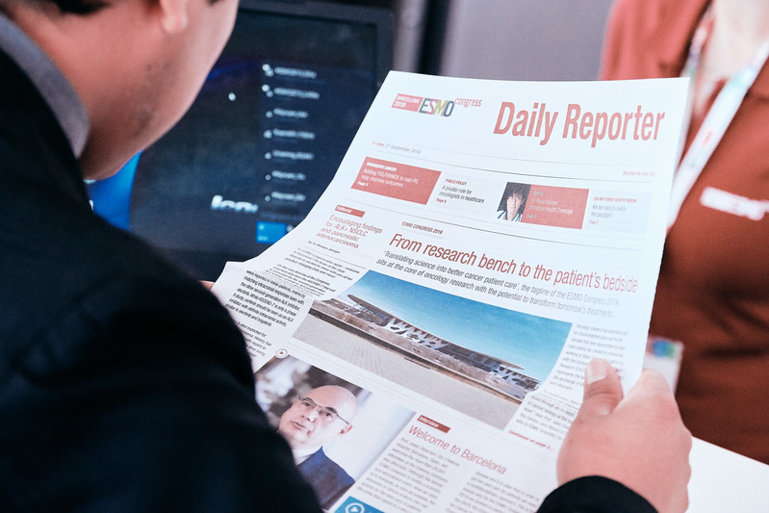
Developing immunotherapies for mesothelioma
Along with treatments with immune checkpoint inhibitors and cellular therapies, other immunotherapies are currently under investigation


